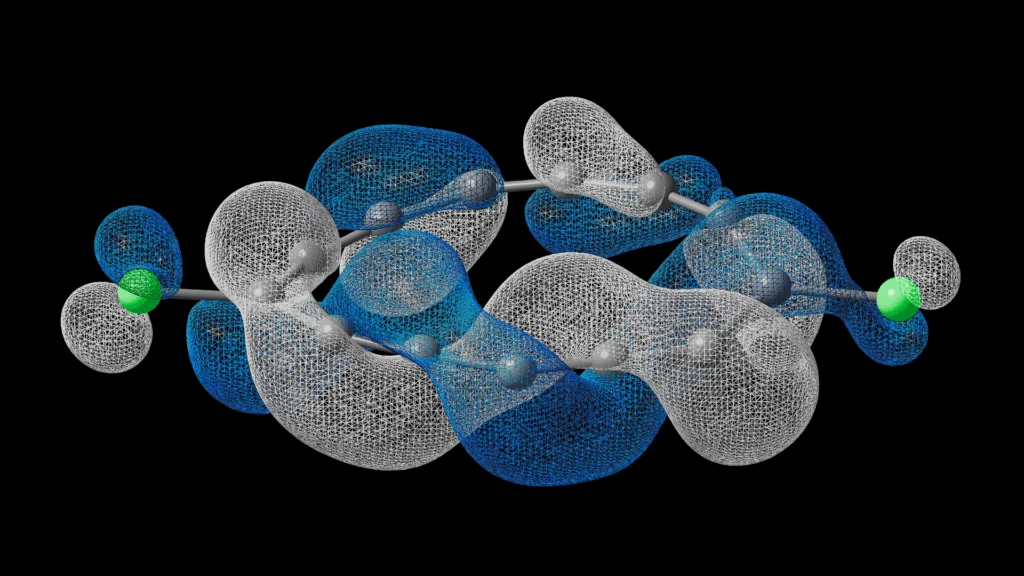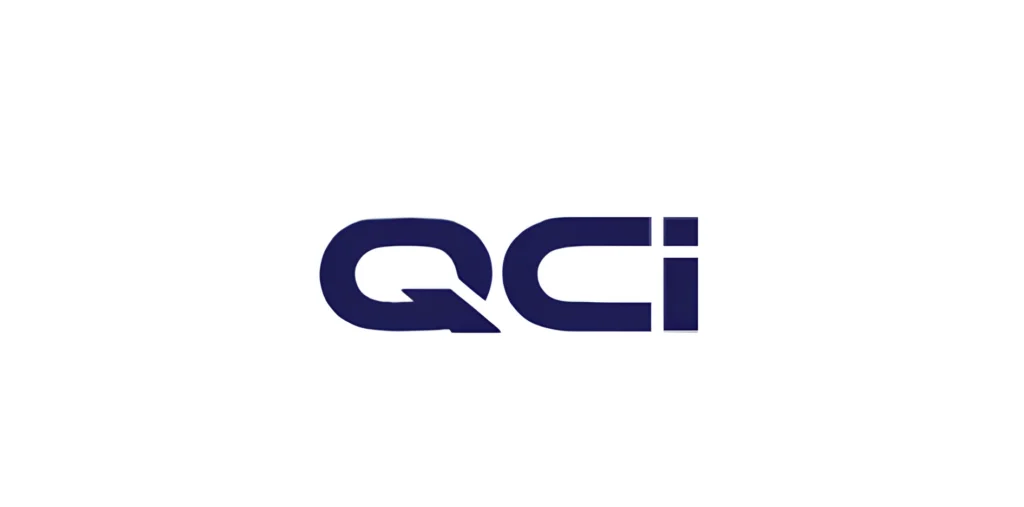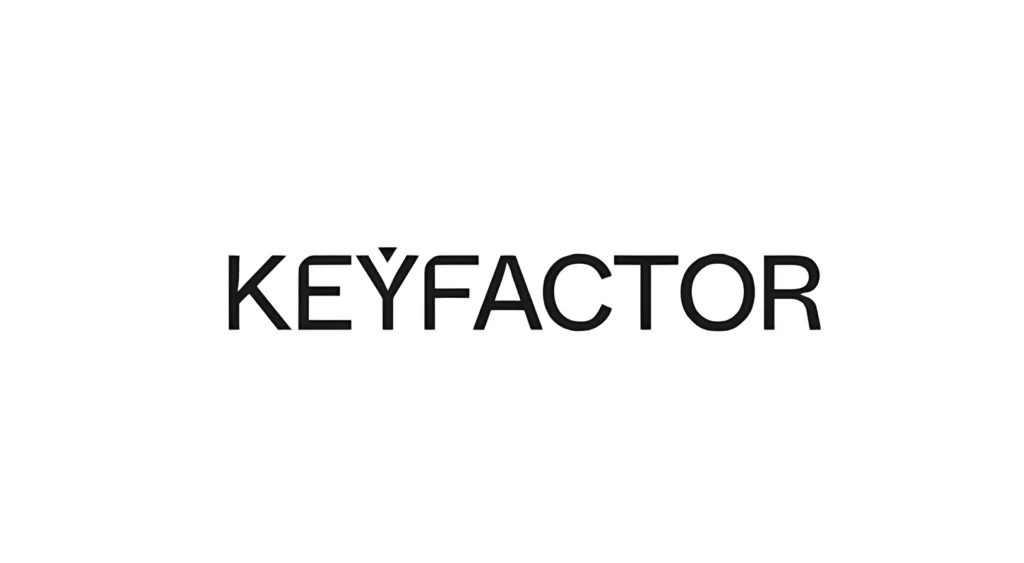A group of beta users have relied on Intel’s newly released Quantum Software Development Kit (SDK) version 1.0 to explore quantum use cases, according to a company blog post. The beta user group is a community of approximately 150 quantum researchers and developers worldwide.
According to the post, beta users participated in an Intel Quantum Computing Challenge held at the 2nd High Performance and Quantum Computing Symposium at Deggendorf Institute of Technology (DIT) in Germany in early 2023. The users have leveraged the SDK to conduct operations in image denoising, realistic image generation, solving unstructured search problems, computational chemistry and materials modeling, and theoretical research into thermofield double states, according to a company blog post.
The preliminary research aims to understand how today’s quantum computing can use a hybrid model consisting of classical and quantum parts, leveraging the unique strengths of each of the two compute models for future large-scale quantum computing systems.
“We don’t yet have large scale quantum computers, so today we are developing small workloads that we can use to help us design scalable commercial-sized quantum computers of the future,” said Anne Matsuura, director of Quantum Applications and Architecture at Intel Labs. “We develop small quantum algorithms that, in the future, we can scale to simulate materials with unusual electronic properties, such as high temperature superconductors or resistive materials like those used in hard drives. For now, they are useful to help us understand what functionalities need to be provided by the quantum computing system architecture in order to run these algorithms efficiently and accurately on qubits. Working with collaborators in our growing quantum community, we can develop and run these quantum workloads on the small qubit systems we have today.”

The kit includes an intuitive user interface based on C++, a low-level virtual machine (LLVM)-based compiler toolchain with a quantum runtime environment optimized for executing hybrid quantum-classical algorithms and a high-performance Intel Quantum Simulator (IQS) qubit target backend.
Beta users also added feedback, much of which was included into the suite, according to the company.
“Intel Quantum SDK is designed specifically for researchers. It’s made by a group of Intel Labs scientists with backgrounds in mathematics, physics, and computer engineering. We speak the same language,” said Rui Li, a professor of thermodynamics and numerical simulation at DIT, and coordinator of the Intel Quantum Computing Challenge. “Quantum SDK allows you to touch the future technology and get to lower levels of abstraction. It’s more open and flexible than other quantum applications.”
The SDK is also designed to support the growing quantum community of approximately 150 quantum researchers and developers worldwide, and further papers will be presented on the topic at the virtual APS March Meeting. Four Intel Labs papers will be featured:
- RR08.00005: Intel Quantum SDK Version 1.0: Extended C++ Compiler, Runtime and Quantum Hardware Simulators for Hybrid Quantum-Classical Applications
- RR08.00006: Efficient Execution of Quantum Algorithms Using the Intel Quantum SDK
- RR08.00007: A Functional Approach to the Modular Construction of Quantum Logic: Part I
- RR08.00008: A Functional Approach to the Modular Construction of Quantum Logic: Part II
Intel Labs also will host an Intel Quantum SDK users meeting in late May.
For more market insights, check out our latest quantum computing news here.















